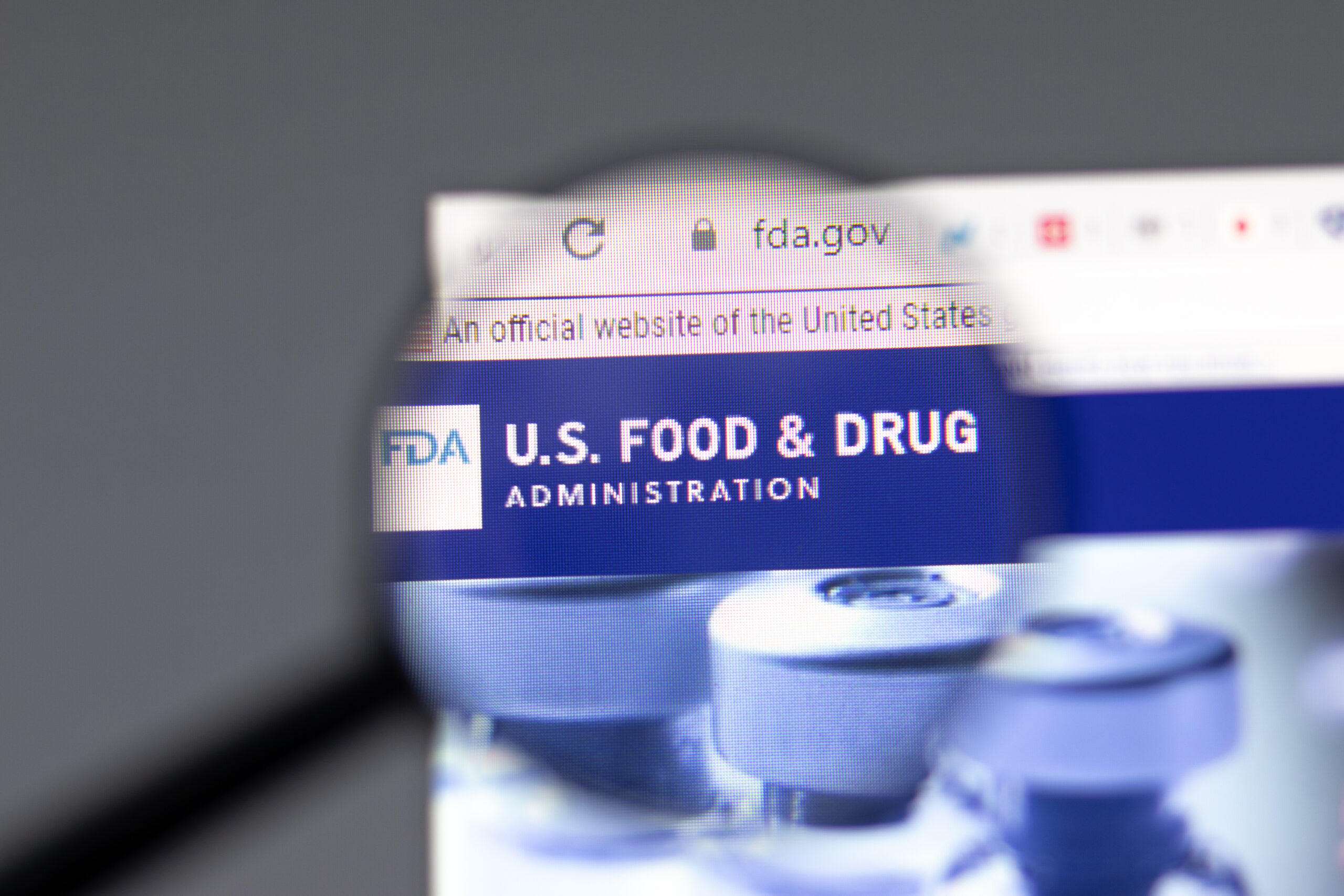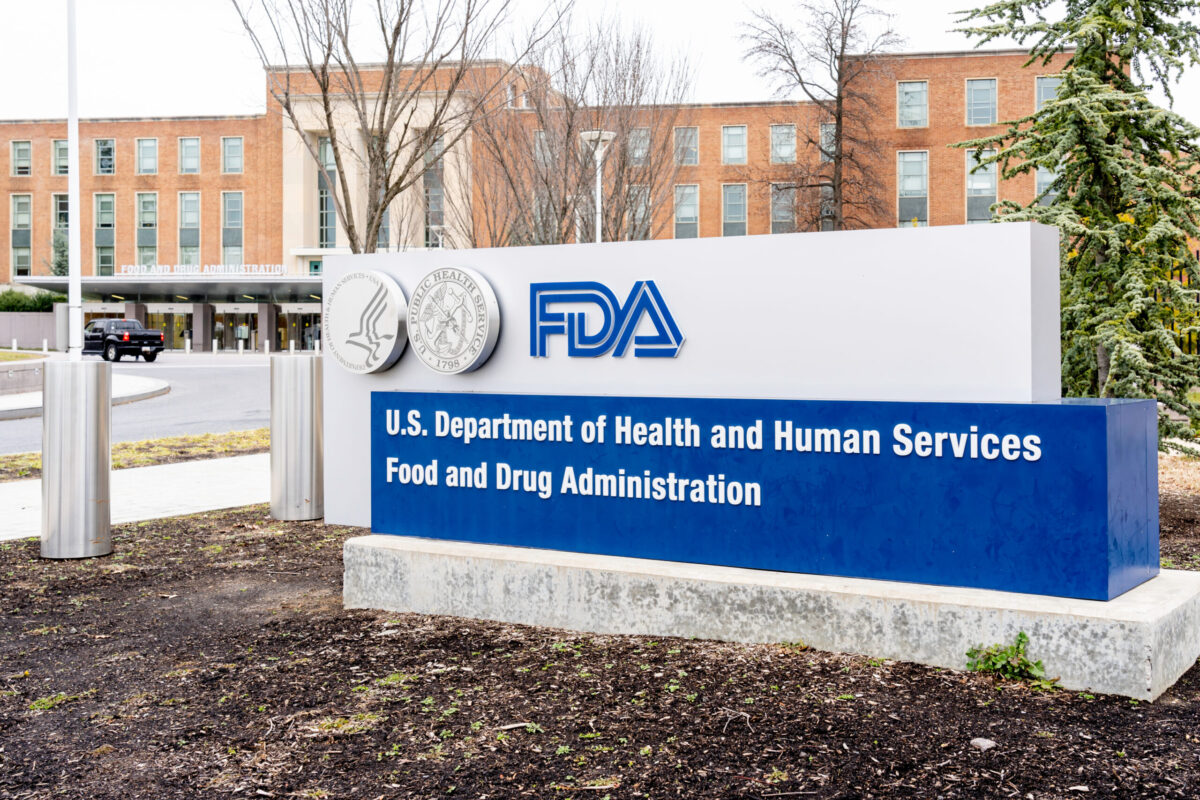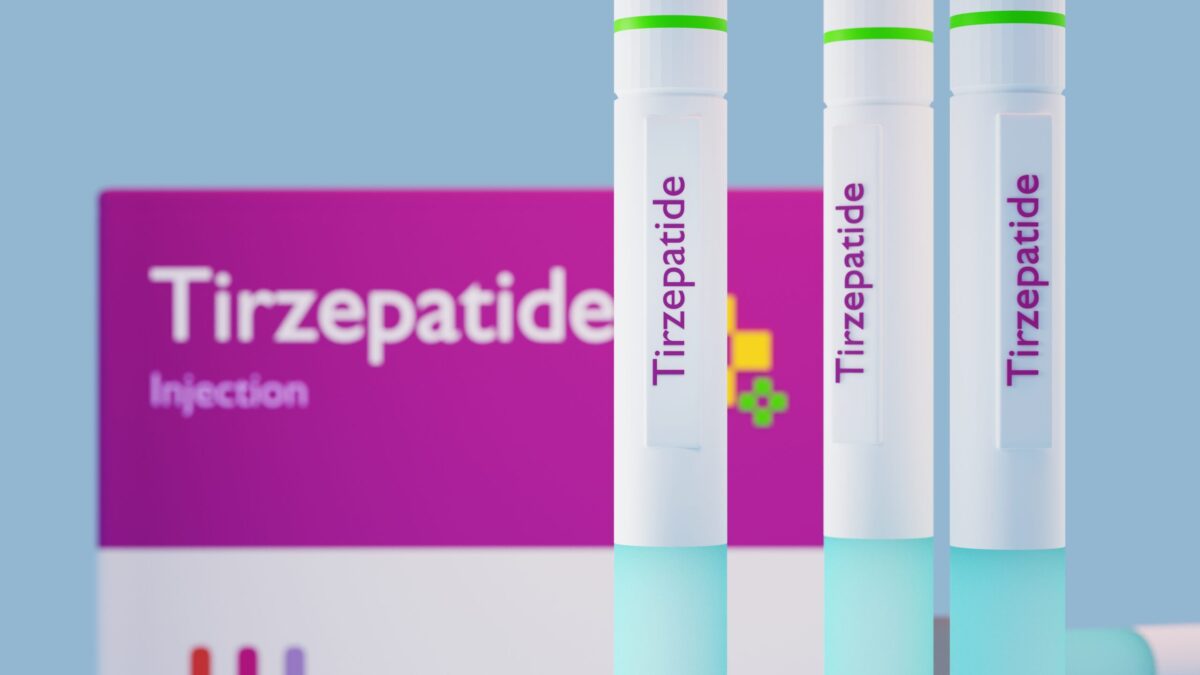What do amyotrophic lateral sclerosis (ALS) and social anxiety disorder have in common? These two very different conditions could potentially be treated using the same drug, according to Connecticut-based pharmaceutical company Biohaven.
The company recently reported the results of their proof-of-concept study which sought to determine whether sublingual riluzole (BHV-0223) could reduce symptoms of social anxiety disorder and public speaking anxiety in a small group of patients. The placebo-controlled trial was conducted at Yale University School of Medicine and involved 21 participants diagnosed with social anxiety disorder.
Patients were given 35mg of riluzole or a placebo one hour before being asked to complete an impromptu public speaking task. Compared to the placebo, BHV-0223 reduced anxiety by 8.3 points on the 100-point Visual Analogue Scale (VAS). The drug was also found to be safe and well-tolerated among participants.
“The findings from this anxiety-provoking challenge study in patients with social anxiety disorder demonstrated anti-anxiety effects of BHV-0223 in a public speaking scenario and suggest the therapeutic potential of glutamate modulation in the treatment of anxiety disorders,” said Dr. Michael Bloch the trial’s Principal Investigator and an Associate Professor at Yale University School of Medicine.
Originally approved to treat ALS in the late 1990s, riluzole is a small molecule, NMDA antagonist drug which is thought to modulate glutamate transporters on non-neuronal cells known as glia. Biohaven’s reformulated sublingual version of the drug utilizes the company’s Zydis orally dissolving tablet technology to make it easier for patients to take the medication without the use of water.
“Approximately 20 percent of Americans have experienced an anxiety disorder in the past year, but many current treatments are encumbered by side effects including sedation, cognitive impairment and potential for addiction,” said Dr. Vlad Coric, CEO of Biohaven. “By combining anxiolytic properties and a favorable safety profile, we believe that glutamate modulating agents may offer patients who are not satisfied with existing therapies a novel treatment option.”
Currently, Yal University holds the patent rights for developing and commercializing riluzole-based drugs to treat social anxiety disorder, along with generalized anxiety disorder (GAD) and panic disorder. However, Biohaven has an exclusive license agreement with Yale to develop glutamate modulating drugs for these indications.
“Generalized anxiety disorder (GAD) affects approximately 6.8 million adults, or 3 percent, of the US population,” said Coric. “Although a common disorder, current medication treatments are not fully effective in half of patients. GAD is characterized by excessive anxiety, uncontrollable worry, restlessness, fatigue, difficulty concentrating, irritability, muscle tension and sleep disturbances. Current medication treatments, including antidepressants, benzodiazepines and beta-adrenergic blockers, can have side effects such as sedation and often are of limited effectiveness.”
Full result from the current proof-of-concept study are expected to be presented at an upcoming scientific conference. Biohaven plans to further investigate the effects of riluzole on GAD.












Join or login to leave a comment
JOIN LOGIN